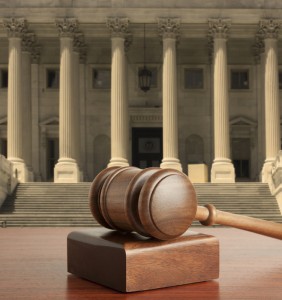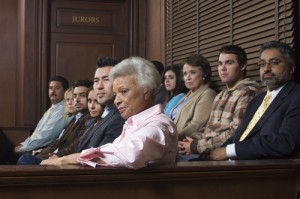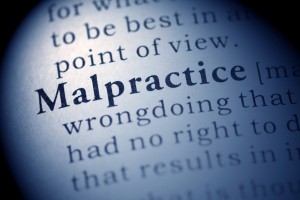 Mark Mixter and James Farmer are two Maryland tort lawyers that just don’t like each other. There are lots of attorneys that don’t like each other. Lawyers are probably more confrontational and competitive than your average bear. If you doubt this premise, go watch a lawyers’ league softball game. So add this natural tendency with the intensity of litigation and people will find reasons to get upset unless you are ultra thick skinned. (One resolution of mine in 2014 is to develop some thicker skin all the way around.)
Mark Mixter and James Farmer are two Maryland tort lawyers that just don’t like each other. There are lots of attorneys that don’t like each other. Lawyers are probably more confrontational and competitive than your average bear. If you doubt this premise, go watch a lawyers’ league softball game. So add this natural tendency with the intensity of litigation and people will find reasons to get upset unless you are ultra thick skinned. (One resolution of mine in 2014 is to develop some thicker skin all the way around.)
When these two lawyers fight, it goes deeper and litigation apparently follows. The Maryland Court of Special Appeals recently affirmed the dismissed defamation, libel, slander, and intentional inflection of emotional distress claim that one had filed against the other. You can find the opinion in Mixter v. Farmer here if you are interested. Something about someone writes a letter to other lawyers saying disparaging things or something. I started to read it – mostly out of prurient interest – but I realized I must have something better to do. (So I wrote this point instead?)
This is apparently the second case between these attorneys that has found its way to the Maryland Court of Special Appeals. The last one involved a case that settled, but one of the lawyers became so mad that he sought and received a sanctions order against the other. The appellate court reversed the order of sanctions. So a lot of trees were burned and blood pressure was raised in a battle over a little more than $3,000.












